Curriculum
Spirited participation in seminars, symposiums, discussions, publications, dramatics, public speaking and other activities that enhance concentration and classroom learning, enable students to acquire learning skills required for an overall intellectual, psychological and social growth.
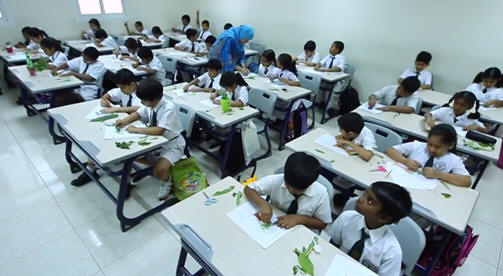
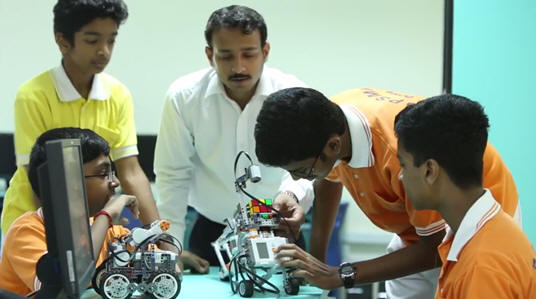
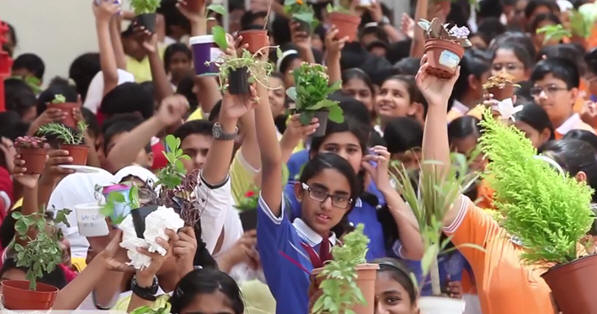
• Creative thinkers
• Team Workers
• Effective participators
• Independent Enquirers
• Self-Managers
A whole range of extra-curricular activities are provided in order to support the development of students’ skills. The rationale being:
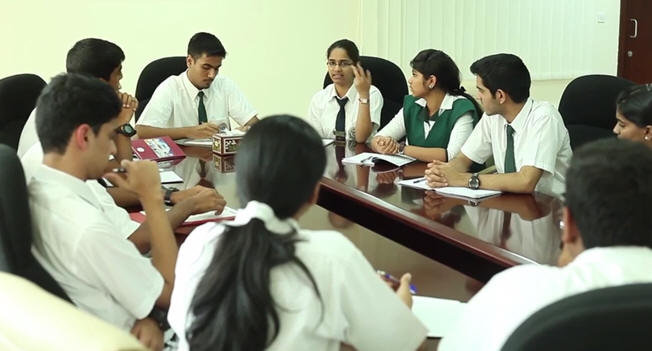
-
To provide healthy extra-curricular activities so that students can have balanced development and performance in different aspects.
-
To cultivate students’ interest in various activities so as to bring their potential into full play.
-
To provide opportunities for students to organize activities and develop their leadership skills.
-
To raise students’ social awareness and promote the spirit of serving others.
-
To raise students’ sense of achievement and to foster a sense of belonging and responsibility to school and the community through extra- curricular activities.
However, some students have been diagnosed with dyslexia and similar conditions and some students need ad hoc support to overcome organizational problems.
These students receive learning support either through direct contact with the learning support department on a regular basis or indirectly with the learning support department liaising with subject teachers.
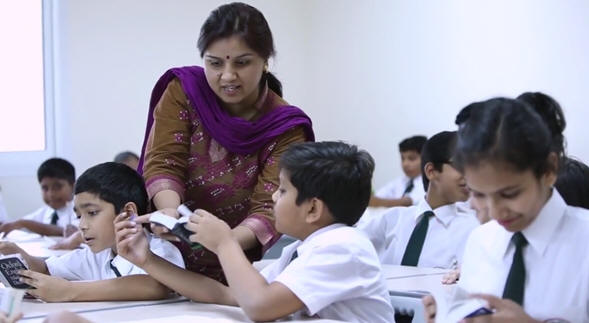
Where possible, and appropriate, setting by ability in certain subjects will aid the provision of subject matter at a pace appropriate to the teaching group: e.g. Enrichment Programme, Ability Section, Proficiency in International Examination, Bulb Question (Creative, Critical and Application based questions).
The extent to which this happens is determined by the preferences of individual departments as well as timetabling constraints.
Challenge and stretch opportunities also exist across the school in extra-curricular activities and there are many opportunities for students to compete nationally and internationally alongside the best students in Qatar and the world.
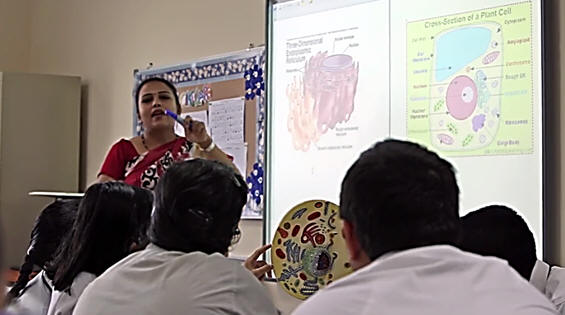
The School Curriculum advocates CCE (Continuous and Comprehensive Evaluation) with an emphasis on Scholastic and Non-Scholastic development of learners.
The Curriculum commits itself to providing a stress-free learning environment that will develop competent, confident and enterprising citizens who will promote harmony and peace.
Our curriculum is developed to meet the requirements of current CBSE within the framework of the personalized learning agenda. Students are grouped in a variety of ways according to the needs of the subject.
The curriculum in this level is designed to encourage higher order thinking, research, reasoning and analytical and logical applications. Students are also prepared for the External Exams like NSTSE, NSO, IMO, IEO, ACER and PISA
Parents receive regular reports in the form of website udpates and online report cards and have the opportunity to meet with their wards’ teachers.
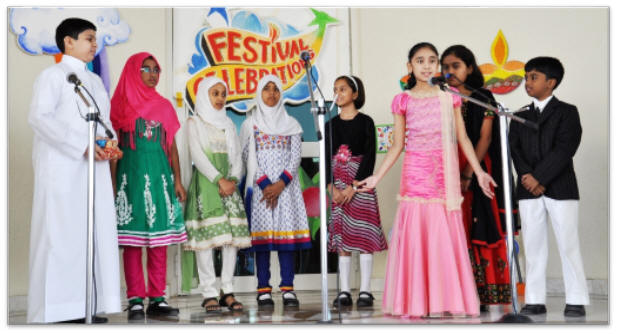
The Kindergarten
Students of Class Nursery develop fine motor skills, auditory visual discrimination, hand-eye co-ordination, one-to-one correspondence and logical thinking. Interesting writing activities are given to enhance their observation skills, quantitative analysis and sequencing.
In Class Prep, to increase the vocabulary of students, more emphasis is on reading. Students start framing simple sentences, which bring out their creative writing skills. Interaction among the students is emphasized upon while teaching subjects like math and science. Simple and interesting art and craft activities are done to develop the motor skills and bring out the creativity in the child. Story telling, poetry recitation, singing, drama and dance are also a part of the Class Prep programme which help in breaking the monotony of classroom learning.
In the KG’s assessment will be based on the day-to-day performance of the child. A record of individual student attainment and progress is maintained through an on-going system of spaced oral and written activities and parents are regularly apprised of the same. Student progress is tracked on a regular basis.
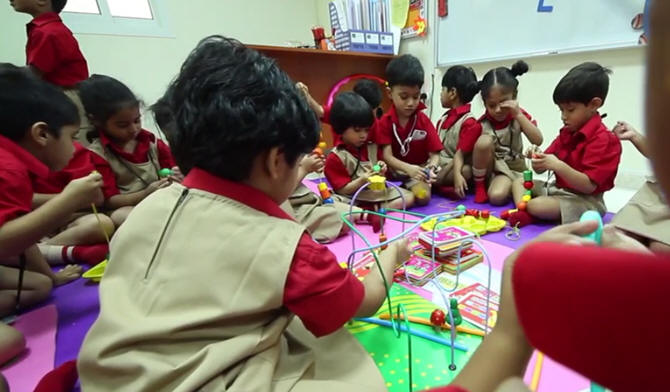
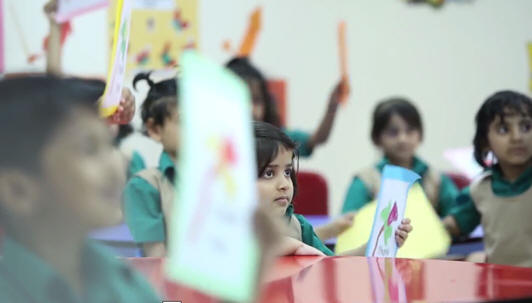
The Primary School
Classes I and II
As a stimuli for reading and writing, from Class 1 our students are introduced to the study of computers, appreciating that computer literacy is essential in the modern world. We also encourage students in the primary school to do various projects in Environmental Science to create awareness about conservation of natural resources and the need for a clean and healthy environment. They learn to appreciate history, geography and the cultural diversity of the Earth.
Students have Physical Training classes to develop their agility and fitness. Art and Music classes in the primary school create an interest and appreciation of these creative forms.
Establishing worthwhile work habits, persistence, independence, time management and an appreciation of the value of learning itself begins early in the schooling process at NPS.
In Classes I – II: the following subjects are studied:
Mathematics, English, Science and Social Studies / EVS, Islamic Studies (for Muslim students); Moral science, French/ Hindi/ Malayalam/Tamil, Computer Science, Physical Education, Art, Music and Dance.
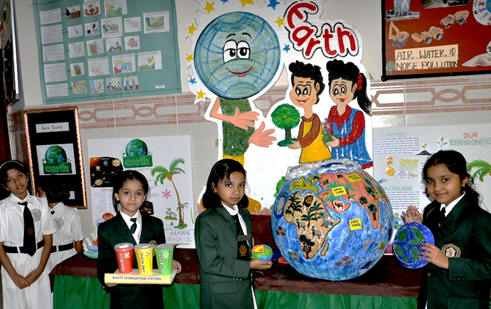
Junior School
In Classes III and IV, the following subjects are studied:
Mathematics, English, Science and Social Studies, Islamic Studies (for Muslim students); Moral science, French/ Hindi/ Malayalam/Tamil/Telegu/Marathi/Urdu/Arabic, Computer Science, Physical Education, Art, Music and Dance.
In Class V, the following subjects are studied:
Mathematics, English, Science and Social Studies / EVS, Islamic Studies (for Muslim students); Moral science, French/ Hindi/ Malayalam/Tamil/Telegu/Marathi/Urdu/Arabic, Computer Science, Physical Education, Art, Music and Dance.
The Life Skills program aims at the development of students’ life skills, through knowledge and understanding of the responsibilities of individuals and groups in the society. They learn skills that help them handle different situations independently.
The Academic year is divided into two terms for the purpose of assessment.
Scholastic attainment which includes Formative and Summative Assessments.
Formative Assessments – Students are assessed on the basis of MCQ, Skills, Class activity, Projects and Portfolio.
Summative Assessment - Students are assessed on written examination.
Overall evaluation will be consolidated on the basis of performance in Formative Assessment and Summative Assessment conducted through the Academic year.
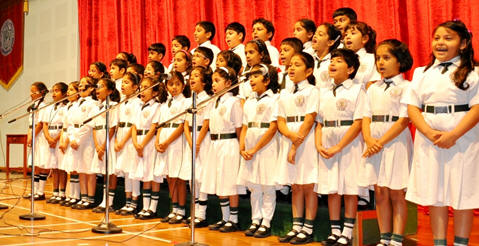
The Middle School
Stepping into the Middle School, our students are ready to face more challenges and do an in depth study in all subjects General Science with Physics, Chemistry and Biology and Social Science specialized as History-Civics and Geography. English, 2nd Language and Computer Science continue to remain as a part of the curriculum.
Students are trained to prepare for tests and examinations. They are guided to handle the semester syllabus, which in turn helps them to face examinations with confidence.
The middle school years are a time of significant intellectual, physical, social and emotional growth. Students are helped to keep pace with the accelerated academic challenges and get support in acquiring life skills. They are assisted with study skills, organization of work and gain confidence at performing under examination conditions.
The primary aim is to develop in the student qualities of integrity, honesty, trust, tolerance and compassion; to promote a spirit of enquiry, to foster a scientific temperament within the bonds of humanism, to help student become a meaningful part of his environment and to see that courage and integrity have their due reward
The subjects taught are Mathematics, English, Science and Social Studies / EVS, Islamic Studies (for Muslim students); Moral science, French/ Hindi/ Malayalam/Tamil/Telegu/Marathi/Urdu/Arabic, Computer Science, Physical Education, Art, Music and Dance.
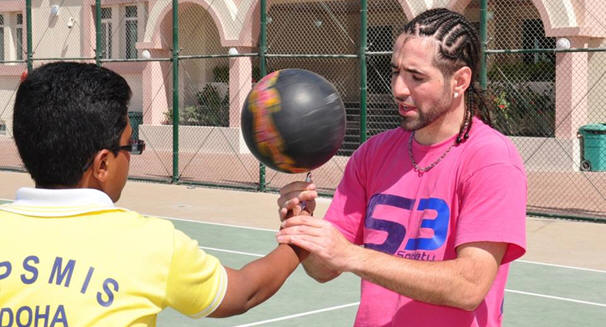
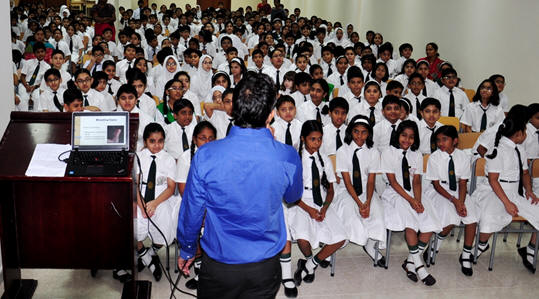
There are two terms in one academic session:
• Term1 –Two formative assessments
(FA1 & FA2) followed by First Summative Assessment (SA1).
• Term2 - Two formative assessments (FA3 + FA4) followed by Second
Summative Assessment (SA2).
The Senior School
Grade IX is a preparing ground for students to take off to the tenth standard where they will face their first significant Board examination. These two years students get maximum attention from their parents and constant advice from teachers.
The curriculum in this stage is designed to encourage higher order thinking, reasoning analytical and logical applications. Students are prepared for the CBSE Board Examinations. The social, emotional, cognitive and physical needs of students are addressed in this crucial period of transition from childhood to adulthood. CCE has become the most integrated part of the curriculum. The subjects taught are English, Hindi/French/Tamil/Malayalam, Mathematics, General Science, Social Science, and Computer Science
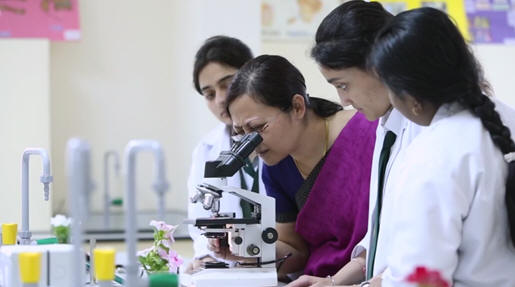
There are two terms in one academic session:
• Term1 –Two formative assessments
(FA1 & FA2) followed by First Summative Assessment (SA1).
• Term2 - Two formative assessments (FA3 + FA4) followed by Second
Summative Assessment (SA2).
Our teaching is aimed at helping Grade XI and Grade XII get admission in the best universities across the globe and in India. In a curriculum that is balanced between Science, Mathematics and Technology it also allows students to pursue those subjects that will satisfy any and all university entrance requirements including Engineering, Medicine, Dentistry, Law and Business. It is our strong belief that students who complete our programmes will be prepared to embrace the brilliant opportunities of a new century.
The culmination of schooling brings with it heavy demands in study, games, leadership and very often, social life. The capacity to balance these pursuits is very important and we are sure that our senior students embrace the meaning of their School motto in its completeness: ‘Reach Out, Reach High, Reach Beyond’ as a way forward to achieving personal goals and happiness in life.
In Grade XI, students can opt for the Science or Commerce, which enables them to appear for the All India Secondary School Certificate Examination conducted by the CBSE. The main aim is to instill self-confidence and self-efficacy in students so as to outshine in the competitive world and equip them with positive behavior, knowledge, leadership skills and an understanding of human values and ethics.
Streams offered are:- Science Stream and Commerce Stream
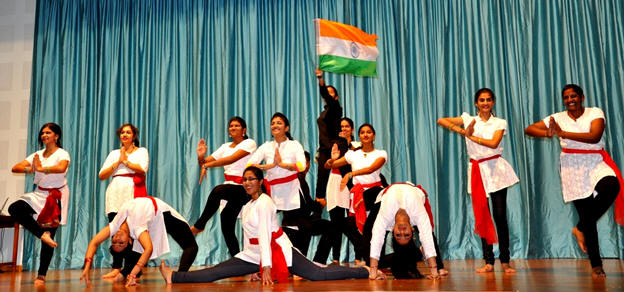
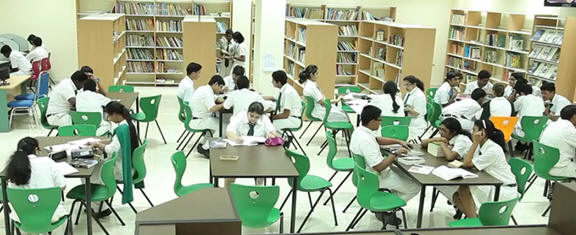
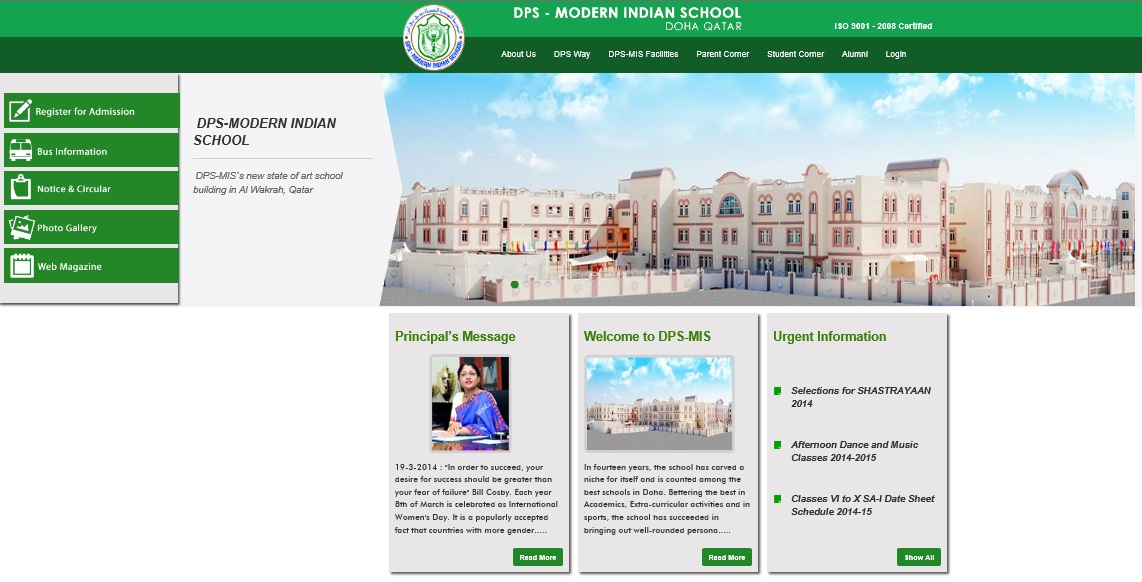
The DPS – MIS annual overseas trip is yet another potent learning avenue where students explore their world beyond borders.